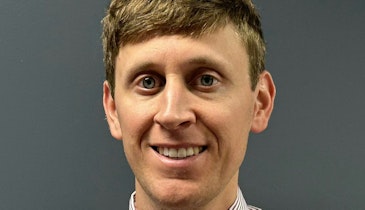For more than two decades, the Union Sanitary District has been winning regional and national awards for its management and operational excellence. Paul Eldredge, general manager, attributes that partly to a diligent and extensive year-round wastewater operator training...
The Benefit of Year-Round Operator Training Programs
Continuous training gives Union Sanitary District team members the knowledge and experience to stay at the top of their field.
Popular Stories
Discussion
Comments on this site are submitted by users and are not endorsed by nor do they reflect the views or opinions of COLE Publishing, Inc. Comments are moderated before being posted.









